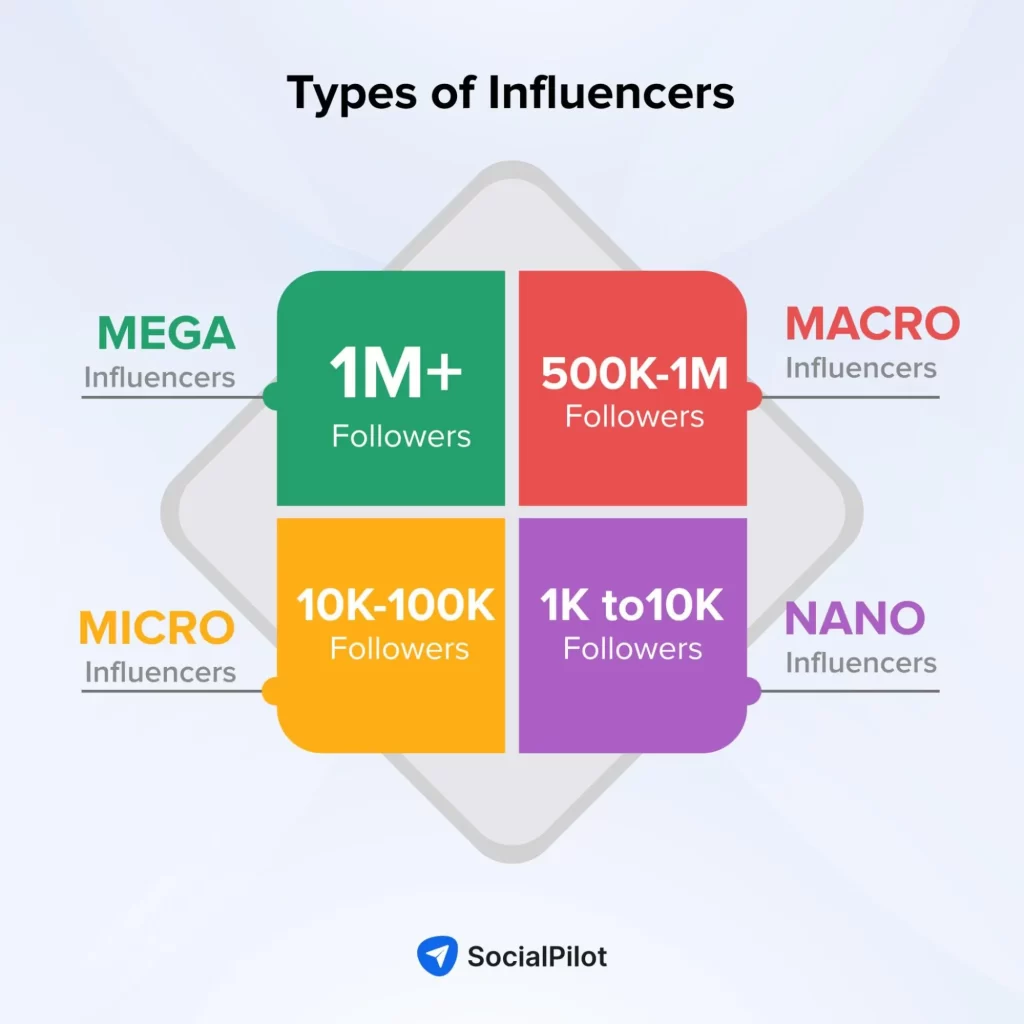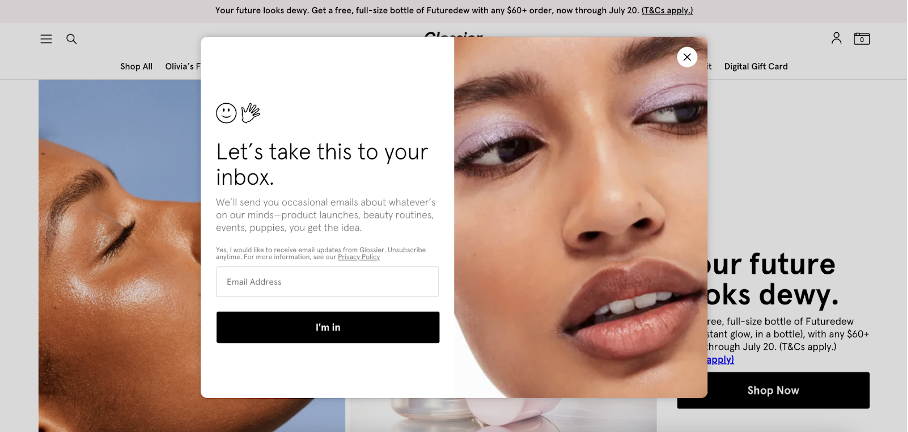How Micro-Influencers are Shaping Niche Markets in Digital Marketing
Meta Description: Explore how micro-influencers are transforming niche markets in digital marketing. Learn effective strategies, consumer behavior insights, and case studies to enhance your marketing approach.
In recent years, the landscape of digital marketing has undergone a significant transformation, thanks primarily to the rise of social media and the emergence of micro-influencers. Micro-influencers—individuals with a following between 1,000 and 100,000—are reshaping how brands connect with their audiences in niche markets. As someone with over five years of experience in SEO and digital marketing, I have helped more than 20 companies optimize their online presence, and I can confidently say that understanding the role of micro-influencers is crucial for any brand aiming to thrive in today’s competitive environment.
In this blog, we'll explore how micro-influencers are influencing consumer behavior, analyze successful collaboration strategies, and provide insights into how brands can effectively harness these partnerships to drive engagement within niche markets.
What are Micro-Influencers?
Definition and Characteristics of Micro-Influencers
Micro-influencers are often defined as social media users who have a follower count ranging from 1,000 to 100,000. Unlike mega-influencers and celebrities, micro-influencers usually cultivate a more intimate connection with their audience. Their content often reflects high engagement rates, authenticity, and relatability. These characteristics allow them to effectively resonate with niche markets, creating strong bonds built on trust and shared interests.

Why Micro-Influencers Matter
Engagement Rates
Micro-influencers are known for their remarkable engagement rates—a pivotal factor for brands to consider. According to a report by Influencer Marketing Hub, micro-influencers can achieve engagement rates as high as 60%, while mega-influencers’ rates hover around 1.6%. This stark contrast emphasizes the ability of micro-influencers to foster meaningful connections with their followers.
Trust Factor
A study by Nielsen revealed that 92% of consumers trust recommendations from friends and family above all other forms of advertising. As micro-influencers often embody this “friend” persona, their recommendations carry significant weight, leading to higher conversion rates for brands they collaborate with.
The Impact of Micro-Influencers on Niche Markets
Micro-influencers are notably effective in niche markets. Brands operating in specific categories, such as sustainable living, beauty, or fitness, can tremendously benefit from leveraging micro-influencers who share the same audience.
Case Studies of Successful Campaigns
1. Glossier
The beauty brand Glossier turned to a community of micro-influencers to build brand loyalty. By engaging everyday makeup enthusiasts who share their Glossier experiences, the brand effectively created a grassroots marketing campaign. This approach was instrumental in achieving a loyal customer base and drove sales through word-of-mouth referrals.

2. Airbnb
Airbnb effectively utilized local travel micro-influencers to promote niche travel experiences that resonate with targeted demographics. Through collaborations, they harnessed content that speaks directly to specific audiences, resulting in increased bookings and enhanced brand visibility.
3. Patagonia
In the sustainable products sector, Patagonia collaborates with micro-influencers who resonate with eco-conscious consumers. By partnering with influencers who advocate for environmental conservation, Patagonia strengthens its brand identity and reaches dedicated audiences committed to sustainability.
Strategies for Collaborating with Micro-Influencers
To leverage the power of micro-influencers, consider the following strategies:
Selection Process
Identifying the right micro-influencer is paramount. Utilize tools such as BuzzSumo and Upfluence to analyze engagement metrics, audience demographics, and relevance to your brand. Choosing an influencer who aligns with your values will enhance the credibility of the partnership.

Effective Outreach
Craft personalized outreach messages that resonate with potential partners. Offering product trials, co-creating content, or being transparent about compensation shows that you value their influence. Customizing your approach increases the likelihood of a successful collaboration.
Challenges in Micro-Influencer Partnerships
While partnering with micro-influencers can yield substantial rewards, brands should also be mindful of potential challenges:
Reliability: Not all micro-influencers maintain consistent content quality. Conduct thorough research and review their past collaborations to gauge their reliability.
Ownership of Content: Clarify content ownership and usage rights beforehand to avoid disputes later on.
Brand Alignment: Ensure that the influencer’s values align with your brand to maintain authenticity and credibility.
The Future of Micro-Influencers in Digital Marketing
The future of micro-influencers looks promising, especially with the rising popularity of short-form video content on platforms like TikTok and Instagram Reels. Micro-influencers are well-positioned to create relatable, authentic content that speaks directly to their audience’s interests. Industry forecasts suggest that engaging with micro-influencers will continue to be a key strategy for brands focusing on genuine connections in their marketing efforts.
Resources and Tools for Influencer Marketing
To execute a successful micro-influencer campaign, consider utilizing the following tools:
| Tool | Purpose |
|---|---|
| BuzzSumo | Identify content trends and influencers |
| Upfluence | Manage influencer relationships |
| Hootsuite | Schedule and track social media posts |
| Socialbakers | Analyze influencer effectiveness |
Conclusion
Micro-influencers are undoubtedly shaping niche markets in digital marketing through their authenticity, relatability, and strong audience engagement. Brands that recognize the unique relationships these influencers maintain with their followers can create impactful marketing strategies that resonate more deeply.
As you consider how to integrate micro-influencer strategies into your marketing efforts, take a cue from successful brands and tailor your approach to meet the distinct needs of your target audience. By leveraging micro-influencers, you can foster genuine connections that translate into tangible business results.
Explore further insights and strategies on how to elevate your marketing campaigns through our related content, or sign up for our newsletter to stay ahead in the rapidly evolving digital marketing landscape.
